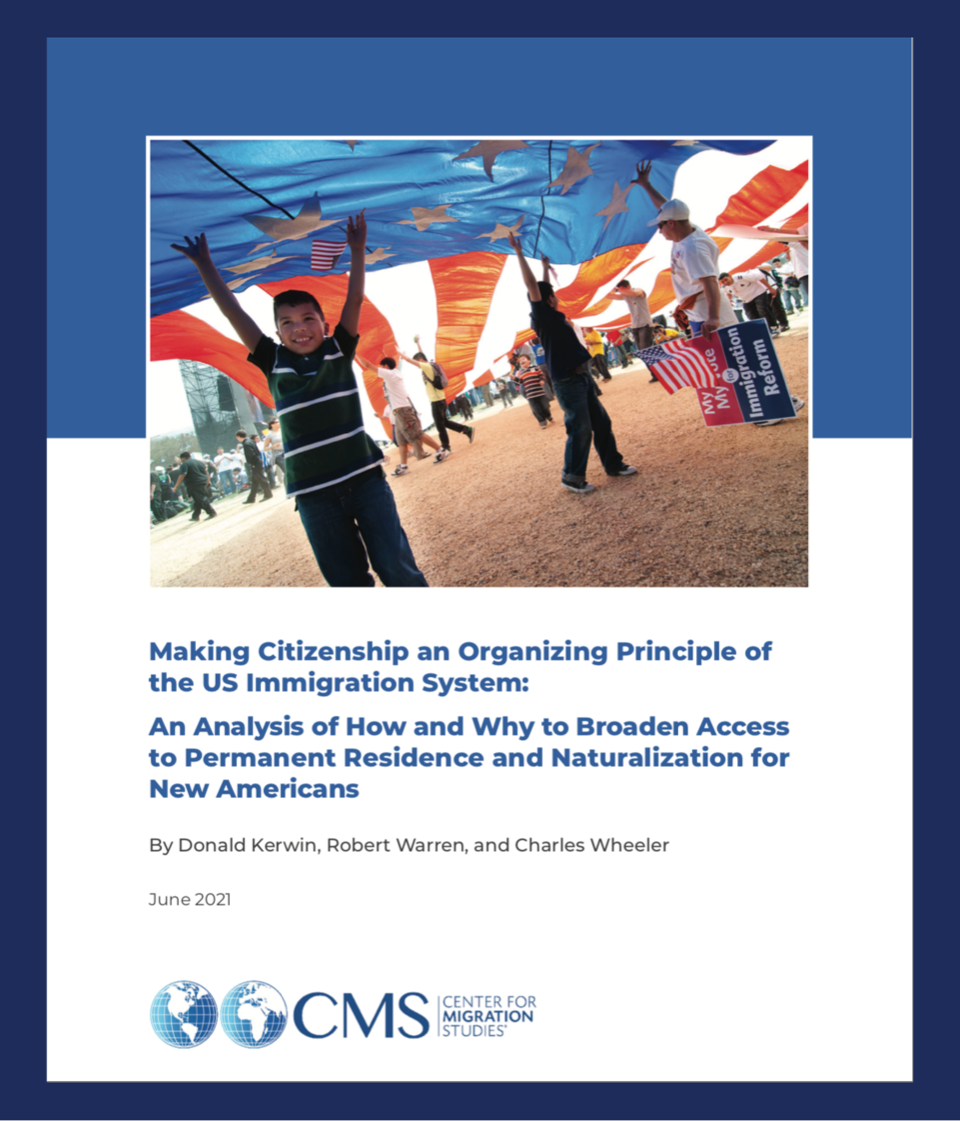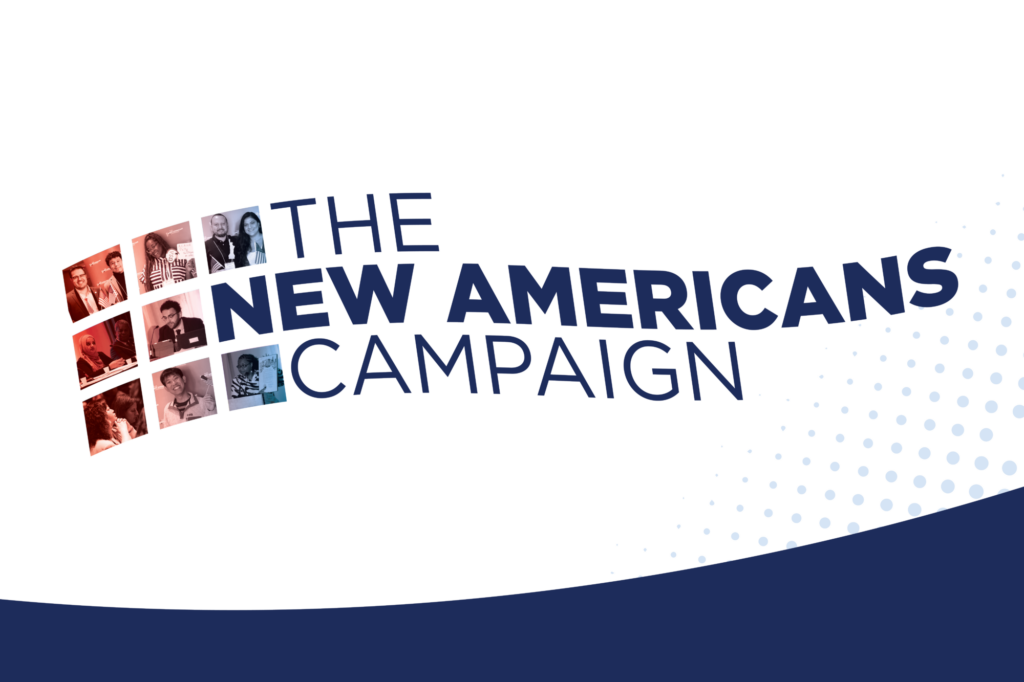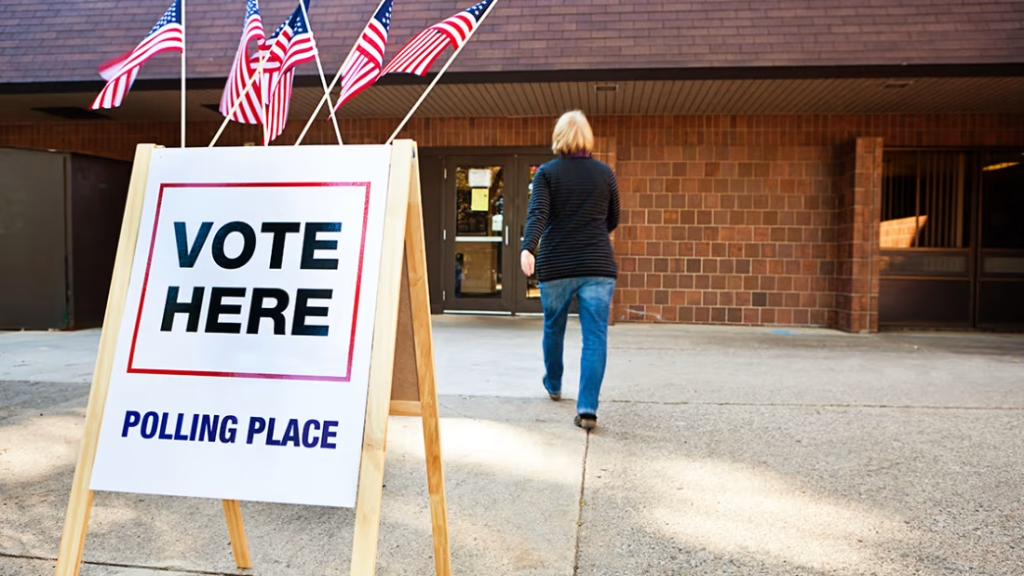Prioritizing U.S. Citizenship

Explore more
The authors of the report Making Citizenship an Organizing Principle of the U.S. Immigration System gathered for an online discussion on June 9 with Felicia Escobar Carrillo, Chief of Staff of the Office of the Director of USCIS, and Kelly Ryan, Senior Adviser and Chair of the Interagency Working Group on the Promotion of Naturalization. Together, they addressed how the current administration might find ways to establish immigrants as prospective citizens, rather than a potential threat.
When immigrants become permanent residents and citizens they benefit “in every way that you can measure in terms of education, work, income, family unity, civic participation, a sense of belonging,” said Donald Kerwin, Executive Director of Center for Migration Studies of New York, one of the report’s authors. The researchers measured the naturalization rates of various populations across the country and identified administrative actions as well as legislative proposals to expand access to citizenship. “Our report finds, for example, that the median household income of the U.S. naturalized population is almost $26,000 higher than the households of eligible to naturalize residents who have been in the U.S. for the same length of time,” said Kerwin. Such benefits, he explained, radiate out to family, friends, communities, and even to the next generation.
But more than 9 million people who are eligible to naturalize have not yet done so. The report suggests expanding the pathways to permanent residence to increase the numbers of eligible candidates, and removing discouraging obstacles to make the naturalization process easier. Charles Wheeler, co-author of the report, praised the Biden administration for rolling back the public charge rule and bringing back the 1999 guidance. “What needs to happen next, though, is some sort of formal rulemaking to update the 1999 guidance.” He also said clearing up the backlog is one of the most important things the administration can do, “I can’t overstate how many cases are pending with years to go before they are adjudicated.”
Bob Warren, the third report co-author, expanded upon the barriers that hold people back. “We found that English skills and higher levels of education play a very important role in determining who would naturalize,” he said. “Income also played an important role, especially for those with lower median household income.”
Felicia Escobar Carrillo noted that President Biden’s Executive Order 14012 has two very clear directives regarding naturalization. The first is to develop a plan to reduce barriers to naturalization and to improve the process. Toward that end, the USCIS just completed a 30-day comment period requesting input and received more that 7,500 comments. “We’re very busy looking over those ideas,” she said. “Some of the comments offered up new ideas, some of them validated things that we’ve been thinking about as well.” Escobar Carrillo pointed out that USCIS has already reverted back to the 2008 civics test, and they’ve been adapting the use of video interviews and will be looking at the naturalization process from a “holistic approach” in order to chip away at the barriers.
Secondly, USCIS will lead the Interagency Naturalization Working Group to develop a national strategy to promote naturalization. As chair of that working group, Kelly Ryan says that she and her colleagues will continue to promote naturalization through partners at various organizations and to provide materials online and in hard copy, as well as to think about new ways to reach the 9.2 million lawful permanent residents who have not yet applied for naturalization. “We’re also going to focus on underserved communities, as well as targeting communities that have not yet come forward,” said Ryan. One community she gave as an example includes people who were adopted as children and grew up without realizing that they need to naturalize. Ryan also highlighted USCIS’s $10 million citizenship and immigration grant application that closes on July 16th and will fund some 80 organizations.
Escobar Carrillo said that USCIS, in general, hopes to allay the fear felt by immigrants. That was one reason to roll back the new citizenship test. Even though the now-defunct public charge rule was not implicated in naturalization, she recognized that the agency needs to address the intimidation and confusion that it continues to generate. She also hopes to educate Congress about the need to fund access to legal services for naturalization, and she plans to continue to work with partners at the state and local government level, as well as with philanthropic partners to provide access to legal services. Foundations have “funded some really important efforts related to legal services for naturalization,” said Escobar Carrillo, “You have the New Americans Campaign and other efforts that we’re hoping to engage with more.”



